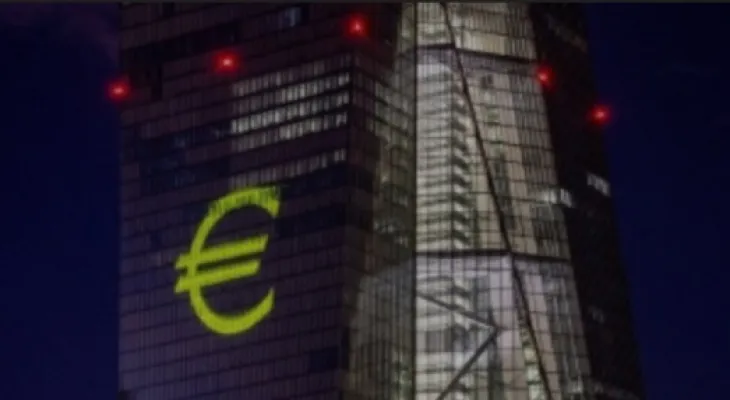Search here
Newspaper
Search here

Arab Canada News
News

Published: October 31, 2022
Inflation set a new record in 19 countries using the euro currency, driven by out-of-control prices for natural gas and electricity due to the Russian war in Ukraine. Economic growth also slowed ahead of what economists fear is a looming recession, largely due to those high prices undermining Europeans' spending power. Likewise, the annual inflation rate reached 10.7% in October, according to Eurostat, the European Union statistics agency, on Monday. This is up from 9.9% in September, the highest since the eurozone statistics began being compiled in 1997. Also, natural gas prices rose significantly following the invasion of Ukraine as Russia largely reduced pipeline supplies compared to pre-war levels. Europe was forced to resort to costly shipments of liquefied gas arriving by ship from the United States and Qatar to continue generating electricity and heating homes. While liquefied gas succeeded in filling Europe's winter storage, high prices made some industrial products like steel or fertilizers expensive or simply unprofitable. Consumers' purchasing power in stores and elsewhere was drained as more income went to pay for fuel and utility bills, and essentials like food became more expensive. Additionally, natural gas prices for short-term purchases have recently declined but remain high in forward markets, indicating that costly energy might be a persistent obstacle for the economy. A professional forecast survey last week by the European Central Bank showed that inflation expectations for next year rose to 5.8% from 3.6% expected three months ago. The inflation outbreak was an international phenomenon, pushing prices to near 40-year highs in the United States as well. Similarly, Eurostat figures showed that food, alcohol, and tobacco prices increasingly joined energy prices as a major contributor, rising by 13.1%, while energy prices skyrocketed by 41.9% compared to the previous year. Inflation figures varied widely by country, from 7.1% in France to 16.8% in the Netherlands among the largest member economies, while the highest rates were in the three Baltic states: Estonia at 22.4%, Latvia at 21.8%, and Lithuania at 22%. The economy, recovering from the COVID-19 pandemic, also showed 0.2% growth from July to September, slowing down from 0.8% in the second quarter. Economists say the main reason is high prices, and many expect the economy to contract during the last months of this year and the first part of next year. Economists at Oxford Economics wrote, with weak recent data, "It is a question of how deep the recession is, not if it will happen." Rising inflation has led to a series of shocks in the economy and financial markets. This led the European Central Bank to raise interest rates at the fastest pace in its history with consecutive increases of three-quarters of a point at the October 27 and September 8 meetings. This caused borrowing costs in the market to rise for companies and governments and sparked fears that the war on inflation will hurt growth. The high interest rates imposed by the European Central Bank and the U.S. Federal Reserve also disrupted stock and bond markets, which had been supported by years of low central bank standards and money-printing stimulus. Meanwhile, high bond market costs for governments remain a concern for heavily indebted eurozone countries like Italy.
Comments